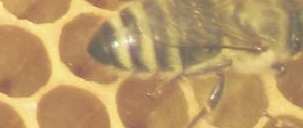
Manuka honey is the latest obsession in the marketplace of fad superfoods. Let us separate the hype and marketing from the demonstrated, proven facts about Manuka honey's health benefits;
Antibacterial properties
Manuka honey has been reported to exhibit antimicrobial activity against pathogenic bacteria such as Staphylococcus aureus (S. aureus) and Helicobacter pylori (H. pylori) . It has been used externally, topically to help wounds heal, but since it is also edible, it may also be used in the treatment of wounds or stomach ulcers[1]. Most honey has antimicrobial activity due to the enzymatic production of hydrogen peroxide. Manuka honey works differently; it is a non-peroxide honey (viz., Manuka honey), displays significant antibacterial effects even when the hydrogen peroxide activity is blocked. Its mechanism may be related to the low pH level of honey and its high sugar content (high osmolarity) that is enough to hinder the growth of microbes.
Choosing a Manuka Honey
Not all Manuka honeys are the same. Look for a UMF rating of at least 10, that's the minimum for a therapeutic effect.. Superior high grade levels have a 16 or higher UMF rating.
If you like Manuka honey, you might also want to look at Tualang honey, which has been shown to be even more effective.